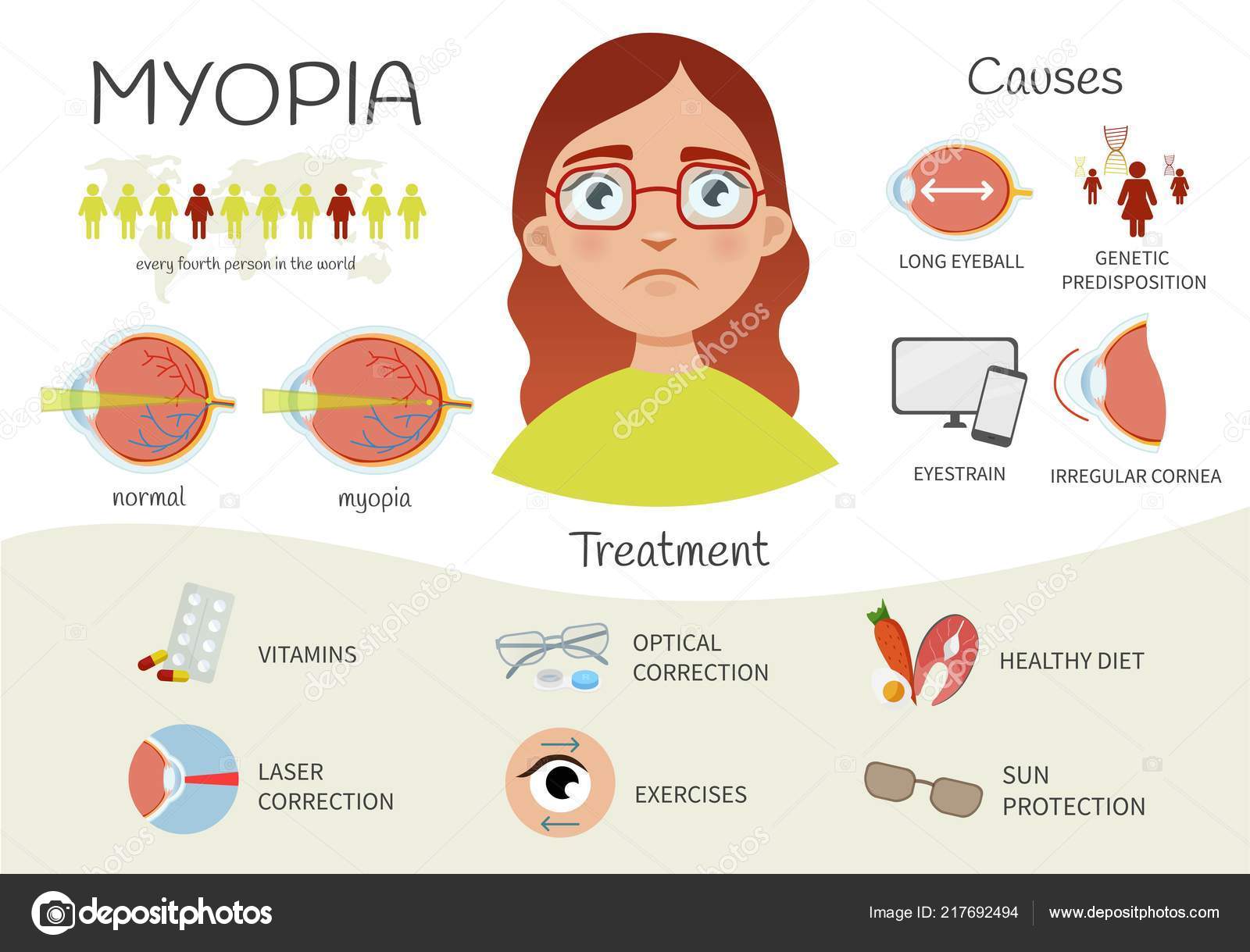Considering SMILE Surgical Treatment? Discover Important Considerations And Insights To Aid You In Making An Experienced Choice Concerning Your Visual Leads
Considering SMILE Surgical Treatment? Discover Important Considerations And Insights To Aid You In Making An Experienced Choice Concerning Your Visual Leads
Blog Article
Developed By-Frederiksen Patel
If you're considering SMILE eye surgical procedure, ponder this: are you prepared to embrace possible visual flexibility, or does the thought of any dangers make you be reluctant? Your decision will depend upon a mindful balance of weighing the advantages versus the unpredictabilities. It's important to delve deeper right into the nuances of SMILE surgical treatment to make an educated option that lines up with your visual goals.
Understanding SMILE Eye Surgical Procedure
When considering SMILE Eye Surgical procedure, it is essential to recognize the procedure and its benefits. SMILE, which stands for Tiny Incision Lenticule Removal, is a minimally intrusive laser eye surgery that remedies usual vision problems like nearsightedness (nearsightedness).
During https://writeablog.net/dimple2753arla/browsing-your-lasik-assessment-key-questions-to-ask-your-doctor , your eye surgeon will use a femtosecond laser to develop a little laceration in your cornea. With this cut, a tiny disc of tissue called a lenticule is removed, reshaping the cornea and remedying your vision.
Among PRK Overcorrection Symptoms of SMILE Eye Surgery is its quick recuperation time. Several individuals experience boosted vision within a day or 2 after the treatment, with minimal pain.
In addition, SMILE is understood for its high success rate in giving lasting vision correction. Unlike LASIK, SMILE does not call for the development of a flap in the cornea, lowering the threat of problems and allowing for a more steady corneal framework post-surgery.
Comprehending the treatment and its advantages is crucial when taking into consideration SMILE Eye Surgical treatment for vision adjustment.
Pros and Cons of SMILE
Thinking About SMILE Eye Surgical treatment for vision correction features numerous advantages and possible downsides.
One of the main pros of SMILE is its minimally intrusive nature, as it involves a little laceration and typically results in fast healing times. The treatment is additionally known for creating very little pain and completely dry eye signs and symptoms post-surgery compared to various other vision adjustment methods. In addition, SMILE has been shown to provide outstanding aesthetic outcomes, with several patients attaining 20/20 vision or better.
On the other hand, a potential con of SMILE is that it may not be suitable for people with extreme refractive mistakes, as the treatment array is rather minimal contrasted to LASIK. Another factor to consider is that the knowing curve for surgeons executing SMILE can impact the accessibility of knowledgeable companies in particular areas.
It is very important to evaluate these advantages and disadvantages carefully when making a decision if SMILE is the right choice for your vision modification needs.
Figuring Out Qualification for SMILE
To figure out if you're qualified for SMILE eye surgery, your eye doctor will certainly conduct an extensive analysis of your eye health and vision demands. During this examination, aspects such as the stability of your vision prescription, the thickness of your cornea, and the general wellness of your eyes will certainly be examined.
Normally, prospects for SMILE more than 22 years old, have a steady vision prescription for a minimum of a year, and have healthy and balanced corneas without problems like keratoconus.
Your optometrist will additionally consider your overall eye health, any kind of existing eye problems, and your way of living needs to determine if SMILE is the appropriate option for you. It's essential to interact any kind of certain aesthetic demands or worries you may have throughout this examination to guarantee that the treatment straightens with your expectations.
If you aren't qualified for SMILE, your ophthalmologist might suggest different vision adjustment alternatives that much better match your individual demands and eye wellness condition.
Final thought
Eventually, determining whether SMILE eye surgical procedure is right for you needs cautious factor to consider of your private eye wellness and visual requirements. Consult with your ophthalmologist to determine your qualification for the procedure and weigh the prospective benefits and disadvantages. Remember to interact any type of concerns or inquiries you might have throughout the examination process to make an educated choice regarding your vision improvement options.
